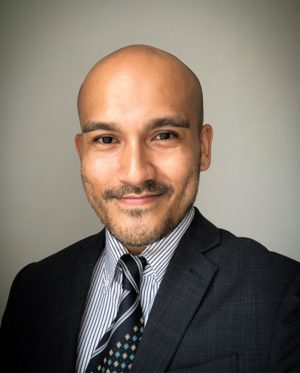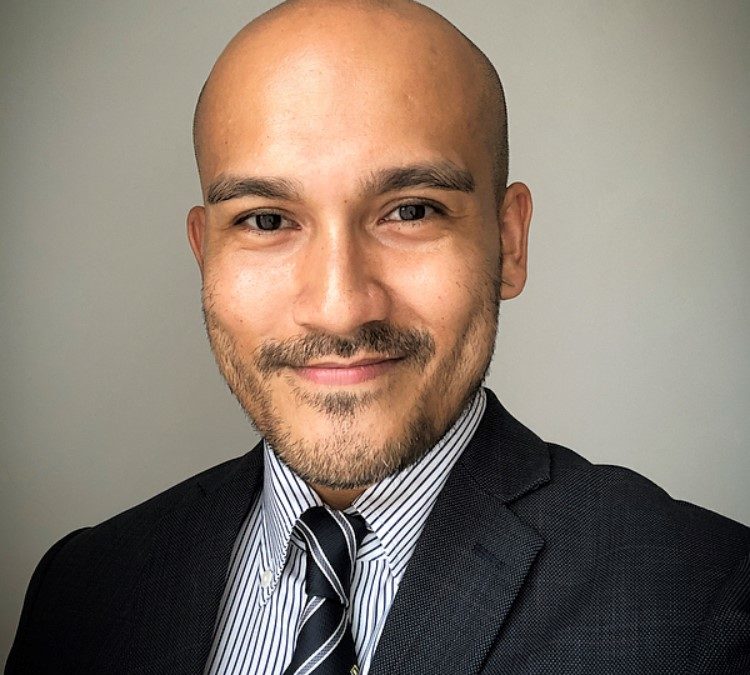
Sustaining Courage
Depending on the identities we hold, the inherent powers and privileges we have, or the ingrained oppressions we endure, the conversations and work on diversity, equity, inclusion, and justice will require of us an unquantifiable amount of courage. They require of us the courage to accept the unpalatable, painful, eye-opening, and honest perspectives about the oppressions in our systems. Our individual and institutional statuses, ego-systems, exceptionalities, and legacies may be confronted as voices rise up to make accusations or express assumptions. Other conversations will require courage because they will provide us with hard data about exclusionary practices, white supremacist policies, and anti-Black modalities that permeate our systems, which may not always be obvious because they are either veiled by design or hidden by our blindspots.
The international school community this school year embarked on a range of courageous conversations and deep dives. We calibrated our apertures on international education, zooming in on “the way we do things,” on our school culture, definitions of internationalism, recruitment and hiring, leadership and governance, accreditation, and on teaching and learning—all bearing inherent systems of oppression, residual of colonialism.
We also zoomed out to examine a wide range of influences on our schooling, such as pop culture, media, television, movies, books, and music, which are amplifiers of “single stories.” These have been critically examined using a variety of lenses within the contexts of our schools and/or the institutions of international schooling at large. We have progressively become more comfortable with the discomfort and many have begun to come to terms with the recent reckoning; and that “cultural diversity” and teaching kindness are not enough.
For many of us, however, this struggle continues. It remains a concurrent reality alongside the pursuit of greater equity. Oppression and racism are not something many of us have the privilege to merely intellectualize, but realities we have been made to experience. Whereas previously, our conversations about these realities were muted and spoken of in hushed tones, now we are able to be more forthright, risking fewer negative repercussions. This said, many of us are still armoring up against microassaults to our racial and gender identities, dodging microaggressions, bracing oneself for gaslighting, and occasionally receiving vitriolic responses to our call for actions. All of these make more compelling reasons that conversations and actions on DEIJ are bedrocks for adult and child protection and wellbeing.
“If your understanding of racism and white supremacy does not include a historical and modern-day contextual understanding of colonization, oppression, discrimination, neglect, marginalization at the systemic level and not just individual level, then you are going to struggle when it comes to conversations about race.” – Layla Saad
And so we marshalled ourselves to workshops, book clubs, and webinars on antiracism. We sought enlightenment in a range of curated knowledge from experts who have been doing this work on diversity, equity, inclusion, and justice for years while shouldering the burdens of trauma and of intellectual and emotional labor. These experts nourish the narrative of truth. We listened to the lived experiences of our colleagues in these conversations, with our minds perhaps rushing to “defend our individual sense of goodness or feeling that we as individuals (or as a collective) are being shamed for being who we are (what we do, what we have done, what we stand for), thus leaving the conversation. Layla Saad, author of Me and White Supremacy, cautioned us, “This is a dangerous impediment to antiracism.”
As we progress in our “deep dives,” hopefully these questions by Paulo Fraire, author of the Pedagogy of the Oppressed, will serve as guiding questions as we nurture our dispositions for courage. To help us let go of our fears and fragility related to being in a constant realm of control and certainty. To reflect on our own ignorance yet persist in our inquiries around and pursuit of liberation. To disarm our power structures and status quos so they may be questioned and challenged. And to find solace in being displaced. So that we may continue to show up.
- How can I dialogue if I always project ignorance onto others and never perceive my own?
- How can I dialogue if I am closed to, and even offended by, the contributions of others?
- How can I dialogue if I am afraid of being displaced, the mere possibility causing me torment and weakness?
Courageous conversations centered on diversity, equity, inclusion, and justice (DEIJ) will surely offer us the gifts of cognitive and emotional provocations. Because similar or dissimilar to the many other challenges and changes we experience in international education, the work on DEIJ has long been detoured and ignored, and yet wounded and deeply personal. Furthermore, these conversations may initially ignite denial and prompt us to minimize different forms of oppression we individually and collectively perpetuate.
Hopefully, however, these courageous and uncomfortable conversations will lead us to honor the realities of our system, which leads us to that state of acceptance, to critical consciousness, and more importantly, to praxis. To fortify that collective faith in ourselves and fuel the fire in the actions we are to continuously make.
“To do this authentically they must perceive their state not as fated and unaltered, but merely as limiting—and therefore, challenging.” — Paulo Freire
So do stay. Sit with discomfort. Lean in with others. Sustain that courage.







